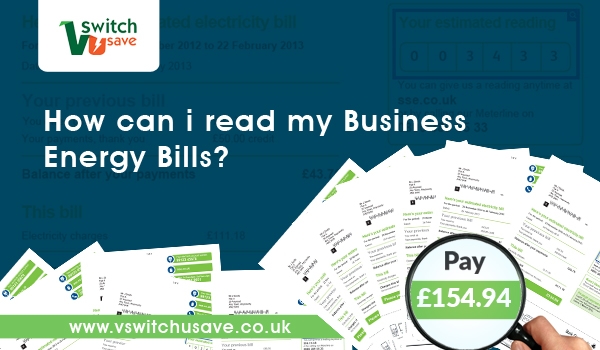What’s mentioned in the white paper( business energy bills) is quite tough to understand. Commonly, when it comes to business, lots of tasks require more attention. Spending a few minutes on your bills can really pay off. The energy bill also depends on wholesale energy, transmission and distribution, industries charges, metering, supplier’s margin etc.
Terms Related to Business Energy Bills-
- Standing Charge
- Unit rate
- Contract end rate
Apart from this, there are some other charges too – visible and invisible. Browse this post and know about important things related to business gas and electricity bills.

Standing Charge –
It’s per day charge on energy supply to your business regardless of how much you use. Business electricity tariffs have standard charges but it’s not for all business gas tariffs. In case, the standing rate is low, it would be added in the unit rate.
Unit Rate –
It is defined as the amount paid per kilowatt(kWh) of electricity or gas. If you are paying lowest unit rate, it doesn’t mean you are paying less. Sometimes, it depends on your energy usage.
Contract End Date –
The contract end date is the end of fixed price period with your current supplier. You can change your supplier once you complete a contract with the current supplier only. Usually, the process of switching takes place as early as 200 days in advance. Once you know you are in the renewal window period, you can visit different websites and compare from different brokers and suppliers to see the best possible offer.
Climate Change Levy(CCL) –
The Climate Change Levy is a government levy which you have to pay for every unit of gas and electricity used. But this one is charged for non-renewable energy only. Further, if your business is connected with the domestic and residential element, you don’t need to pay any CCL.
VAT –
Most companies pay 20% VAT for their business energy bills. However, if the Company’s consumption is less than average 33 kWh of electricity and 145 kWh, they just have to pay 5%.
IGT charges –
There are some businesses that prefer gas via pipes owned by IGT (Independent Gas Transporter) rather than default choice of National Grid Transco. For using pipes of IGT, you have to pay higher charges in comparison to the default one.
Smart Meter Charges –
Now a days, some of the suppliers provides a smart meter as standard. For this, there will be an explicit charge for accurate billing.
If you want more information related to business energy, visit our website – https://vswitchusave.co.uk/business/

No Comments